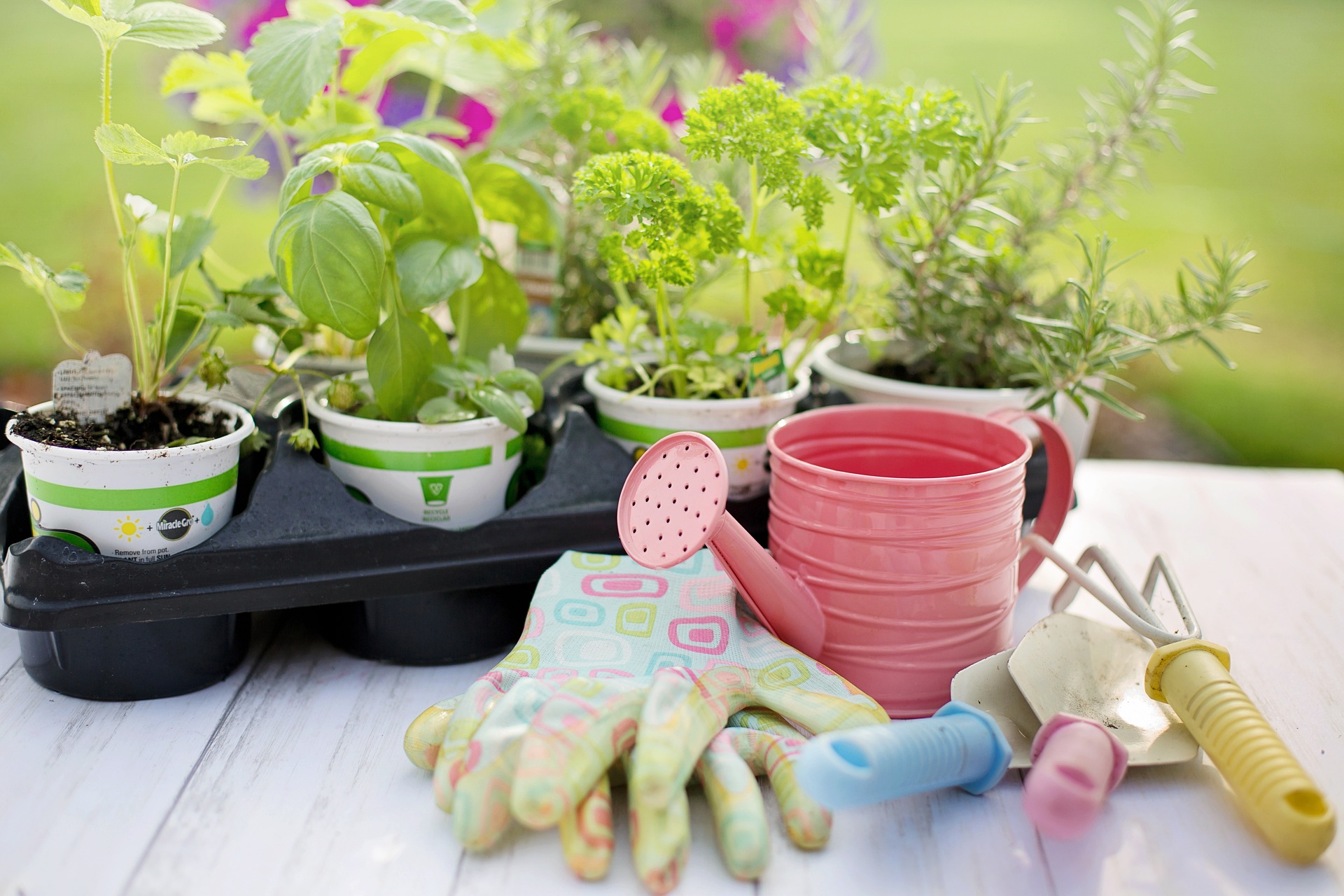The Joys of Gardening: Cultivating Beauty and Bounty at Home
Gardening is a rewarding pursuit that allows individuals to connect with nature, beautify their surroundings, and even grow their own food. This age-old practice has seen a resurgence in popularity in recent years, as more people discover the therapeutic benefits and practical advantages of tending to a garden. Whether you have a sprawling backyard or just a few pots on a balcony, gardening offers something for everyone.

How do I choose the right plants for my garden?
Selecting the appropriate plants for your garden depends on several factors, including your local climate, available space, sunlight conditions, and personal preferences. Start by determining your gardening zone, which will help you identify plants that are well-suited to your area’s temperature and precipitation patterns. Consider the amount of sunlight your garden receives throughout the day, as some plants thrive in full sun while others prefer shade. If you’re new to gardening, begin with easy-to-grow plants like tomatoes, lettuce, or marigolds. As you gain experience, you can expand to more challenging varieties.
What tools and supplies do I need to start gardening?
To begin your gardening journey, you’ll need some basic tools and supplies. Essential items include:
-
Garden gloves to protect your hands
-
A trowel for digging and planting
-
A watering can or hose
-
Pruning shears for trimming plants
-
A rake for clearing debris and leveling soil
-
High-quality potting soil or compost
-
Seeds or seedlings of your chosen plants
-
Containers or pots (if container gardening)
As your garden grows and your skills develop, you may want to invest in additional tools like a wheelbarrow, garden fork, or raised bed kit.
How do I maintain a healthy garden?
Maintaining a thriving garden requires regular care and attention. Water your plants consistently, taking care not to overwater or underwater. Most plants prefer deep, infrequent watering rather than frequent shallow watering. Remove weeds regularly to prevent them from competing with your plants for nutrients and water. Apply organic mulch around your plants to retain moisture, suppress weeds, and improve soil quality. Monitor your plants for signs of pests or diseases, and address any issues promptly using organic or chemical treatments as appropriate.
What are some creative gardening ideas for small spaces?
Even with limited space, you can still enjoy the benefits of gardening. Consider these creative ideas for small-space gardening:
-
Vertical gardens: Use wall-mounted planters or trellises to grow plants upward.
-
Container gardening: Utilize pots, window boxes, or hanging baskets to grow plants on balconies or patios.
-
Herb gardens: Cultivate a variety of herbs in small pots on a sunny windowsill.
-
Microgreens: Grow nutrient-dense microgreens in shallow trays indoors.
-
Raised beds: Build compact raised beds to maximize growing space in small yards.
-
Community gardens: Join a local community garden if you lack personal outdoor space.
How can I create a garden that attracts pollinators and wildlife?
Creating a garden that supports pollinators and wildlife can enhance biodiversity and contribute to a healthier ecosystem. To attract beneficial insects, birds, and other creatures to your garden:
-
Plant native species that provide food and shelter for local wildlife.
-
Include a variety of flowering plants that bloom at different times throughout the season.
-
Provide a water source, such as a birdbath or shallow dish.
-
Avoid using pesticides and herbicides that can harm beneficial insects.
-
Leave some areas of your garden slightly wild to create natural habitats.
-
Install birdhouses or insect hotels to provide nesting spaces.
By incorporating these elements, you can create a vibrant, thriving garden that not only brings you joy but also supports the local ecosystem.
Gardening is a fulfilling hobby that offers numerous benefits for individuals and the environment. Whether you’re growing flowers for beauty, vegetables for sustenance, or creating a wildlife-friendly oasis, the act of nurturing plants can bring immense satisfaction and a deeper connection to the natural world. With patience, care, and a willingness to learn, anyone can develop a green thumb and enjoy the rewards of a flourishing garden.






